Whole genome sequencing of newborn babies explained
Proponents want UK-wide screening programme to help identify babies at risk of serious illnesses
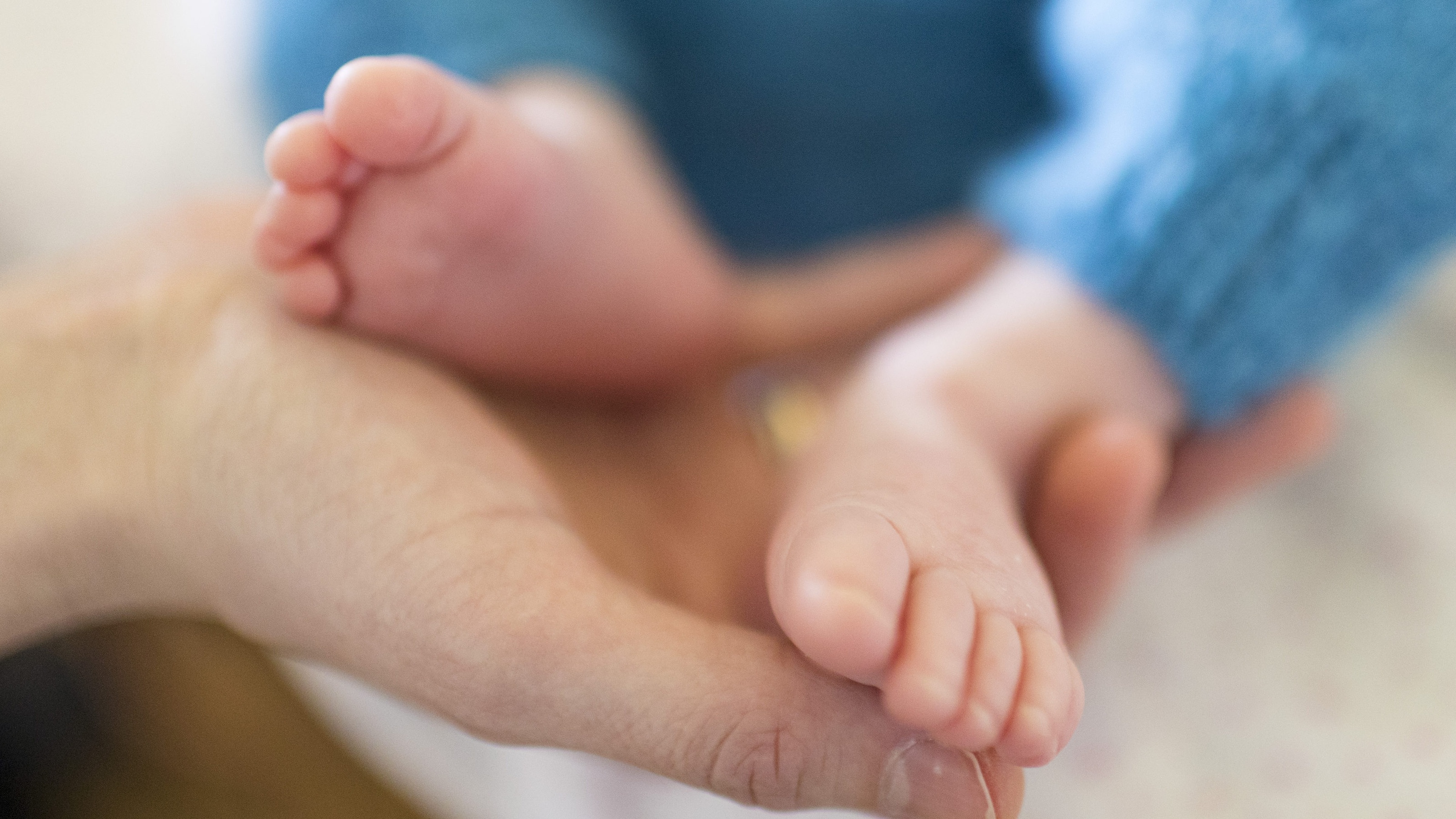
A free daily email with the biggest news stories of the day – and the best features from TheWeek.com
You are now subscribed
Your newsletter sign-up was successful
All newborn babies in the UK may have their genome sequenced to spot those at risk of certain health conditions after consultations with the public found support for the idea.
Sequencing a baby’s entire genome could offer “greater opportunities” to spot whether they have an increased risk of serious genetic illnesses, “potentially opening up the possibility of early interventions” such as gene therapy, reports The Guardian.
In 2016, genomic sequencing for all newborn babies was recommended by Genomic England, a government-owned genetics service, with the plans subsequently undergoing public consultation to gauge the level of support.
The Week
Escape your echo chamber. Get the facts behind the news, plus analysis from multiple perspectives.

Sign up for The Week's Free Newsletters
From our morning news briefing to a weekly Good News Newsletter, get the best of The Week delivered directly to your inbox.
From our morning news briefing to a weekly Good News Newsletter, get the best of The Week delivered directly to your inbox.
Professor Mark Caulfield, chief scientist at Genomics England, told The Guardian the consultation found that if it was “really carefully done” it would have some public support, and added that consultations with professionals were under way.
Genomics England spoke to 130 members of the public in conjunction with the UK National Screening Committee and Sciencewise, a government programme that helps inform science policy. Participants took part in a webinar and four online workshops between February and March this year – with the full results of the consultation to be presented this Thursday.
The scheme was backed by former health secretary Matt Hancock, who in November 2019 said it “will give every child the best possible start in life by ensuring they get the best possible medical care as soon as they enter the world”.
What are genomes, and how are they mapped?
A free daily email with the biggest news stories of the day – and the best features from TheWeek.com
Genomes are each human’s “unique sequence of DNA”, explains Genomics England. An individual’s genome is more than three billion letters long and found in almost every cell in your body.
Special DNA sequencing machines process a sample of your DNA, usually blood. They do this in short pieces as machines can’t process an entire human genome all in one go – the machines read the genome in sections of about 150 letters at a time.
Readings taken from the genome sequencing machine are matched to a “reference genome sequence”, which is used by all genetic scientists around the world.
Each person has “millions of differences” from the reference sequence, says Genomics England. Most of these variants are “completely harmless” – but some could cause disease. These differences are filtered through special software to determine which ones could potentially cause disease or illness.
What are newborn babies currently tested for?
Babies are given what is known as the “newborn blood spot test” or “heel prick” test at around five days old, which tests for nine serious health conditions including cystic fibrosis, sickle cell disease and congenital hypothyroidism, according to the NHS.
Expectant mothers are also offered screening tests for conditions such as sickle cell disease and thalassaemia, as well as additional tests for Down’s syndrome, Edwards’ syndrome and Patau’s syndrome, to assess the chances of having a baby with one of these conditions.
An ‘ethical minefield’
While the government-backed plans may sound like the UK is “leading the way in high-tech healthcare”, many doctors argue the idea is “ethically questionable”, wrote Clare Wilson in New Scientist in 2019, soon after Hancock backed the plans.
“We are only at the beginning of our journey to understand the complexity of the human genome, and some of the information we have learned so far can create difficult dilemmas,” wrote Wilson.
Many genetic diseases, such as Huntington’s, are incurable, Wilson notes. “Deciding to learn if you have the gene responsible is such a personal choice that it must be left to the individual concerned once they turn 18.”
Indeed, many doctors worry that the idea of genome sequencing tests as potentially “life-saving” is “extremely misleading”.
“It’s difficult to think of any circumstances in which such a test could make a substantial difference, with the exception of tests for cancer causing mutations,” David Curtis, honorary professor at University College London’s Genetics Institute, told The BMJ in 2019.
He warned there was a “danger of significant harm” from a misinterpretation of information uncovered by the genomic tests, as people may become “unnecessarily worried or erroneously reassured, and change their behaviour towards their health and life for the worse”.
-
 Film reviews: ‘Send Help’ and ‘Private Life’
Film reviews: ‘Send Help’ and ‘Private Life’Feature An office doormat is stranded alone with her awful boss and a frazzled therapist turns amateur murder investigator
-
 Movies to watch in February
Movies to watch in Februarythe week recommends Time travelers, multiverse hoppers and an Iraqi parable highlight this month’s offerings during the depths of winter
-
 ICE’s facial scanning is the tip of the surveillance iceberg
ICE’s facial scanning is the tip of the surveillance icebergIN THE SPOTLIGHT Federal troops are increasingly turning to high-tech tracking tools that push the boundaries of personal privacy
-
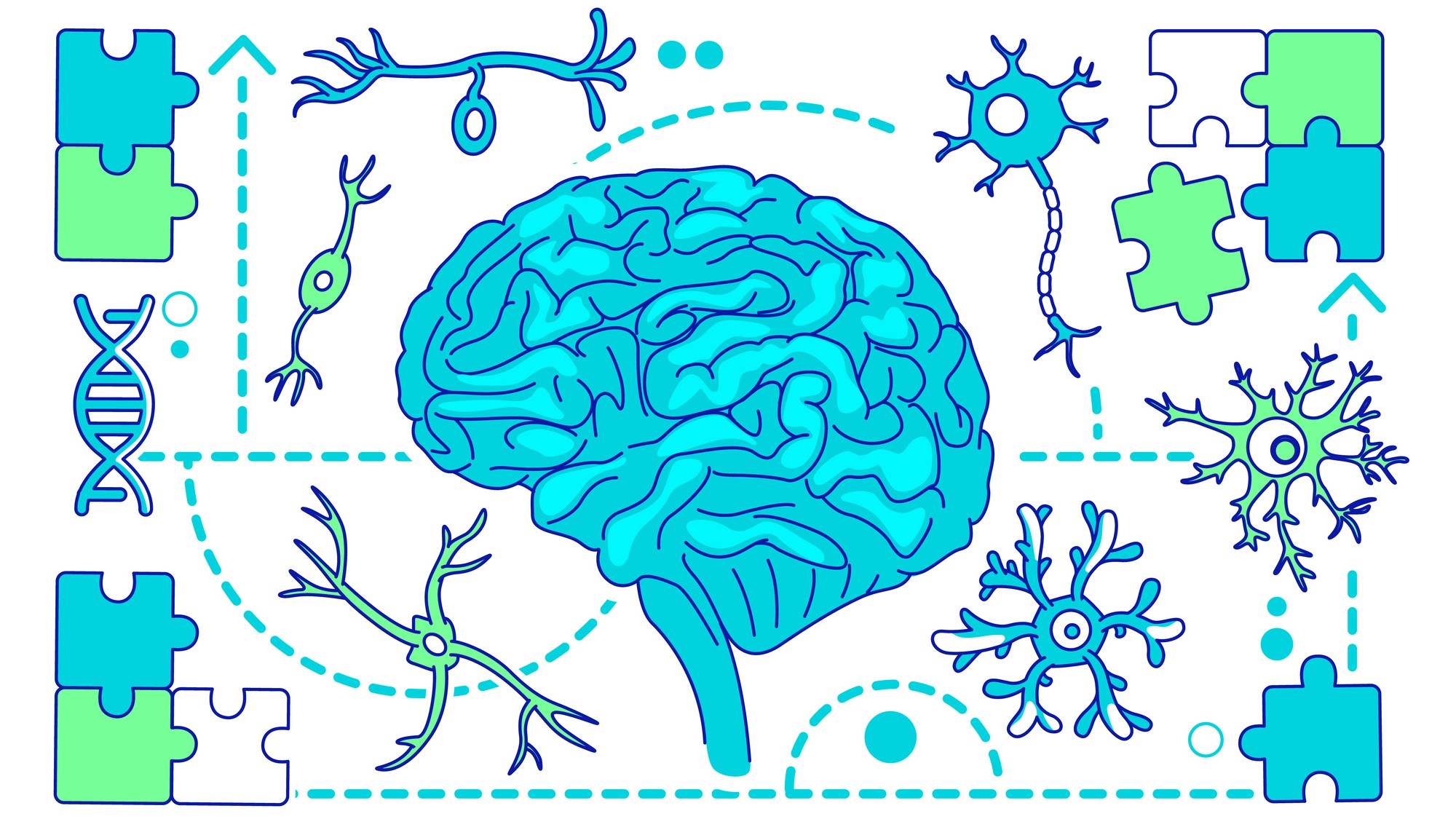 Human evolution may be responsible for autism rates
Human evolution may be responsible for autism ratesUnder the radar Neurodiversity and a complex brain may go hand in hand
-
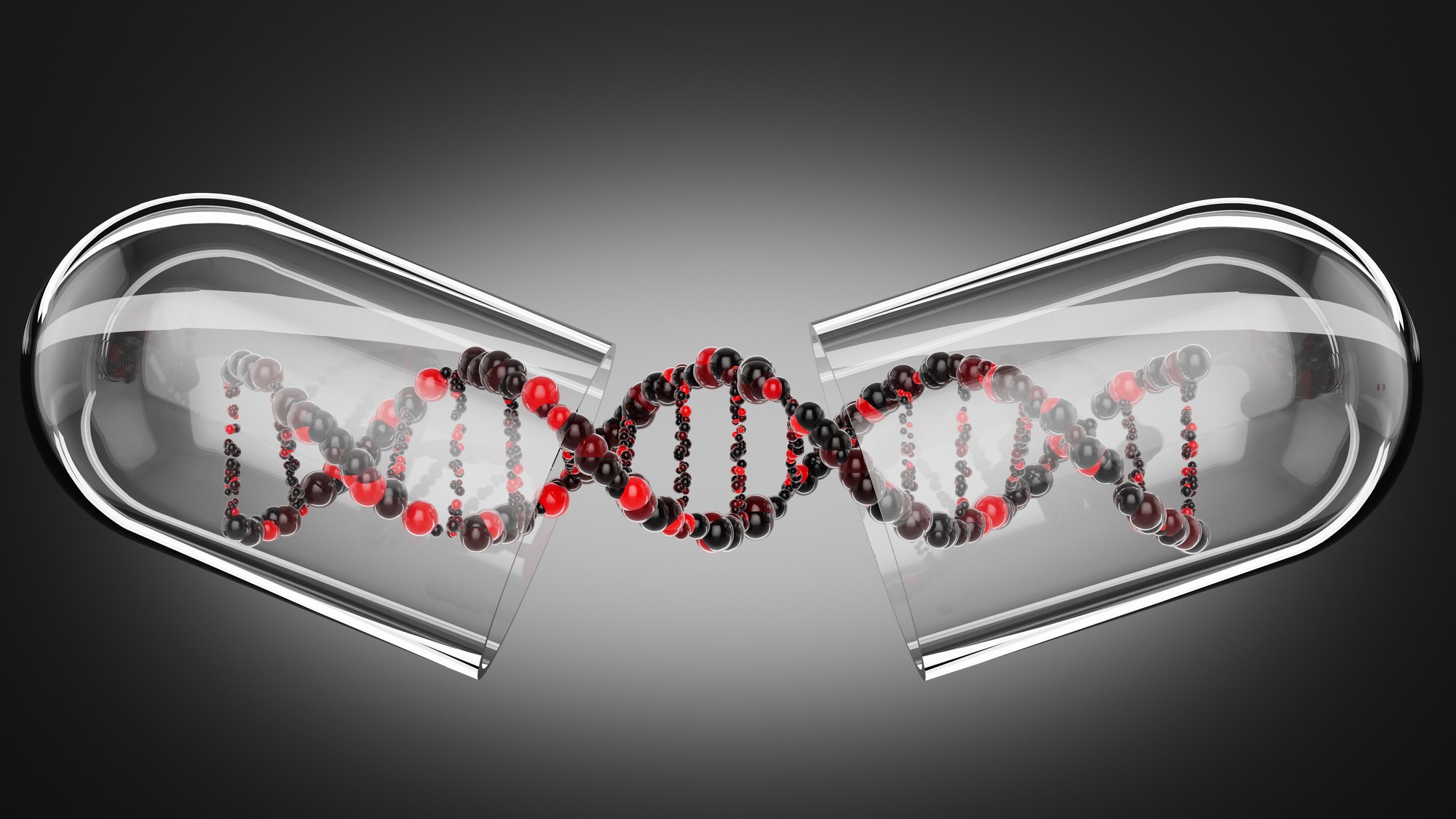 Scientists are speeding up evolution
Scientists are speeding up evolutionUnder the radar Proteins can evolve in minutes
-
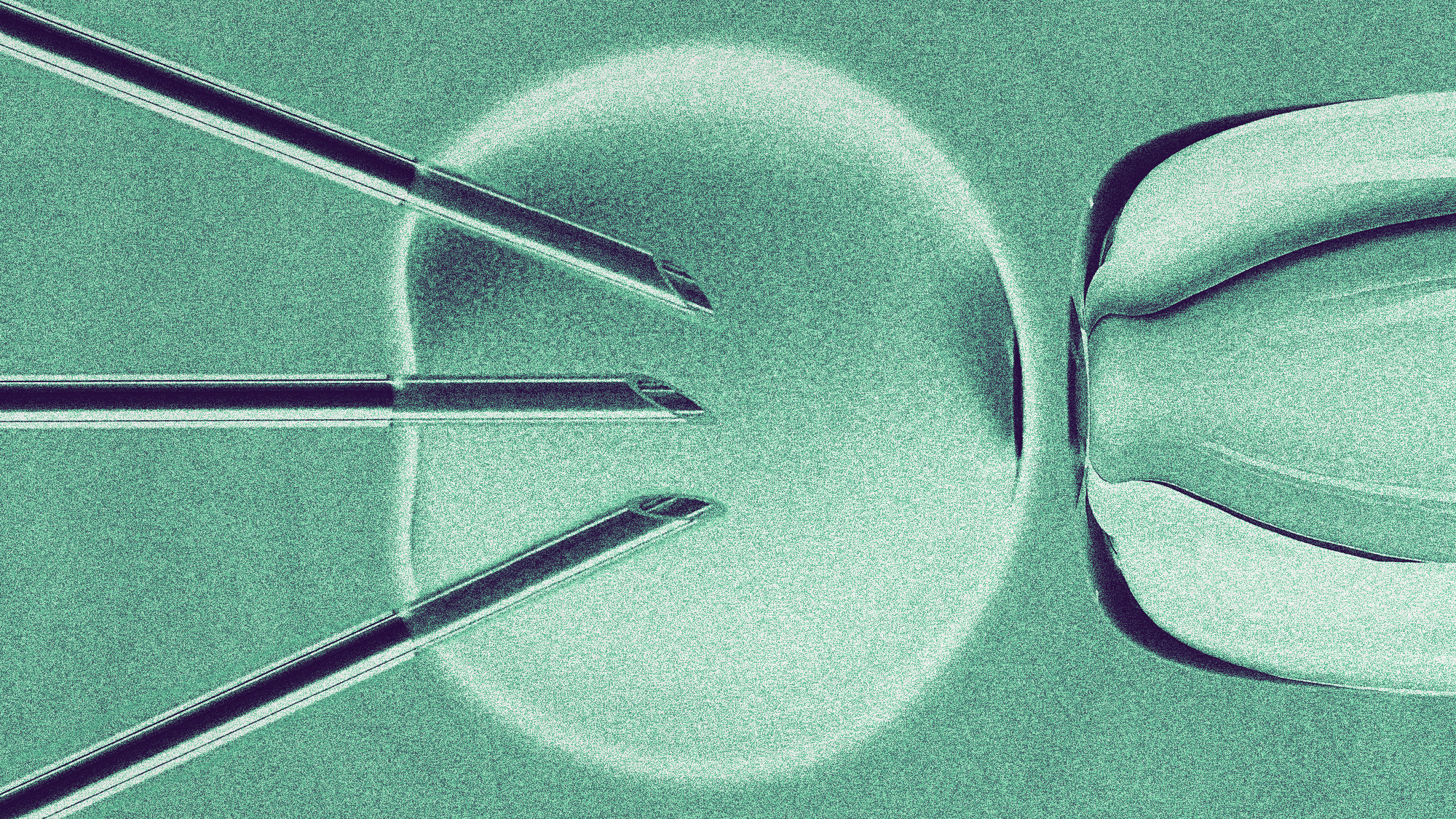 Babies born using 3 people's DNA lack hereditary disease
Babies born using 3 people's DNA lack hereditary diseaseUnder the Radar The method could eliminate mutations for future generations
-
 The genetic secrets of South Korea's female free-divers
The genetic secrets of South Korea's female free-diversUnder The Radar Unique physiology of 'real-life mermaid' haenyeo women could help treat chronic diseases
-
 The Y chromosome degrades over time. And men's health is paying for it
The Y chromosome degrades over time. And men's health is paying for itUnder the radar The chromosome loss is linked to cancer and Alzheimer's
-
 Sperm cells can carry past trauma in their DNA
Sperm cells can carry past trauma in their DNAUnder the radar Your parent's past may be affecting your future
-
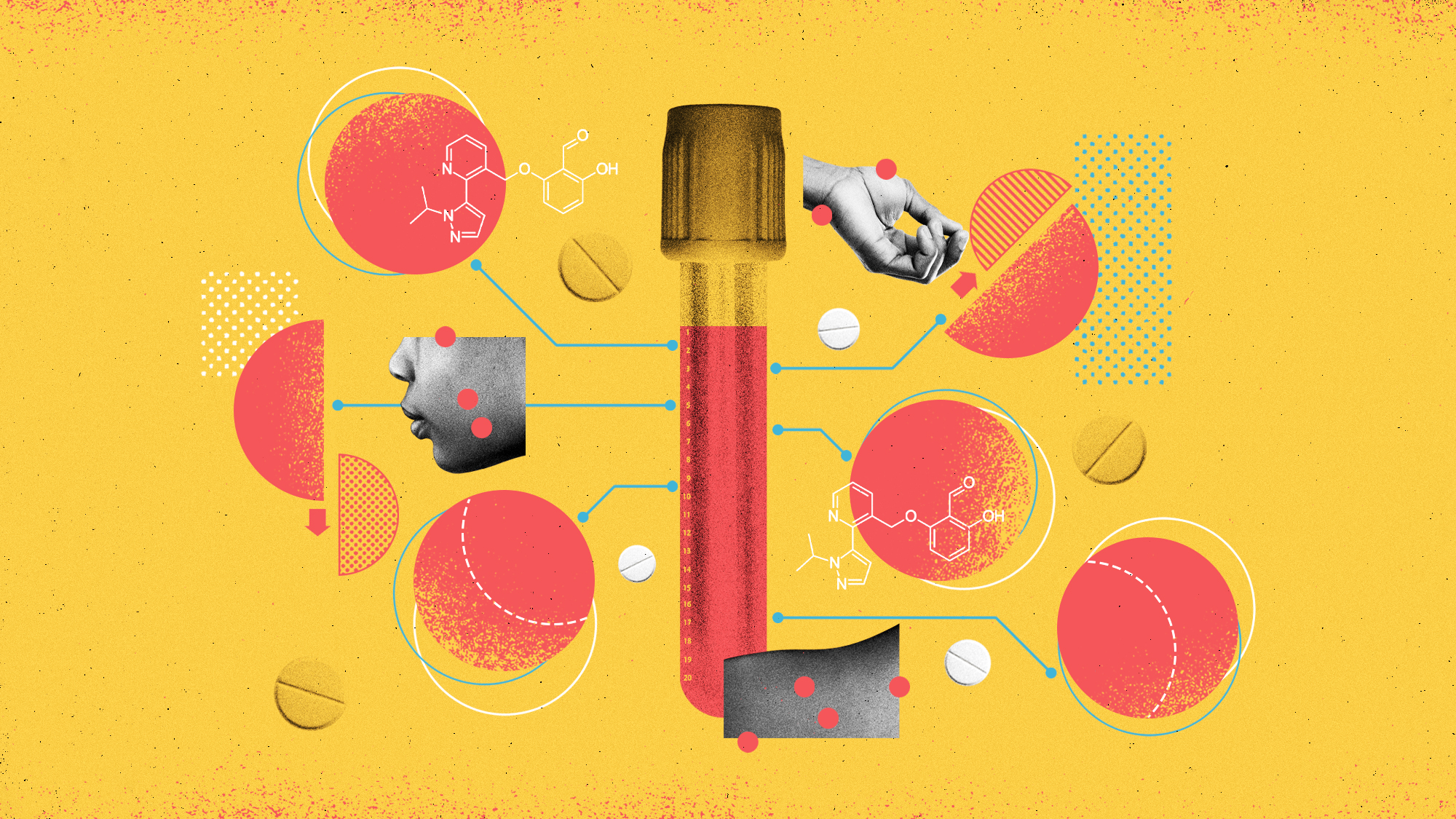 What is sickle cell anaemia?
What is sickle cell anaemia?The Explainer The UK has approved the use of a new drug to treat a disease that predominantly affects people of colour
-
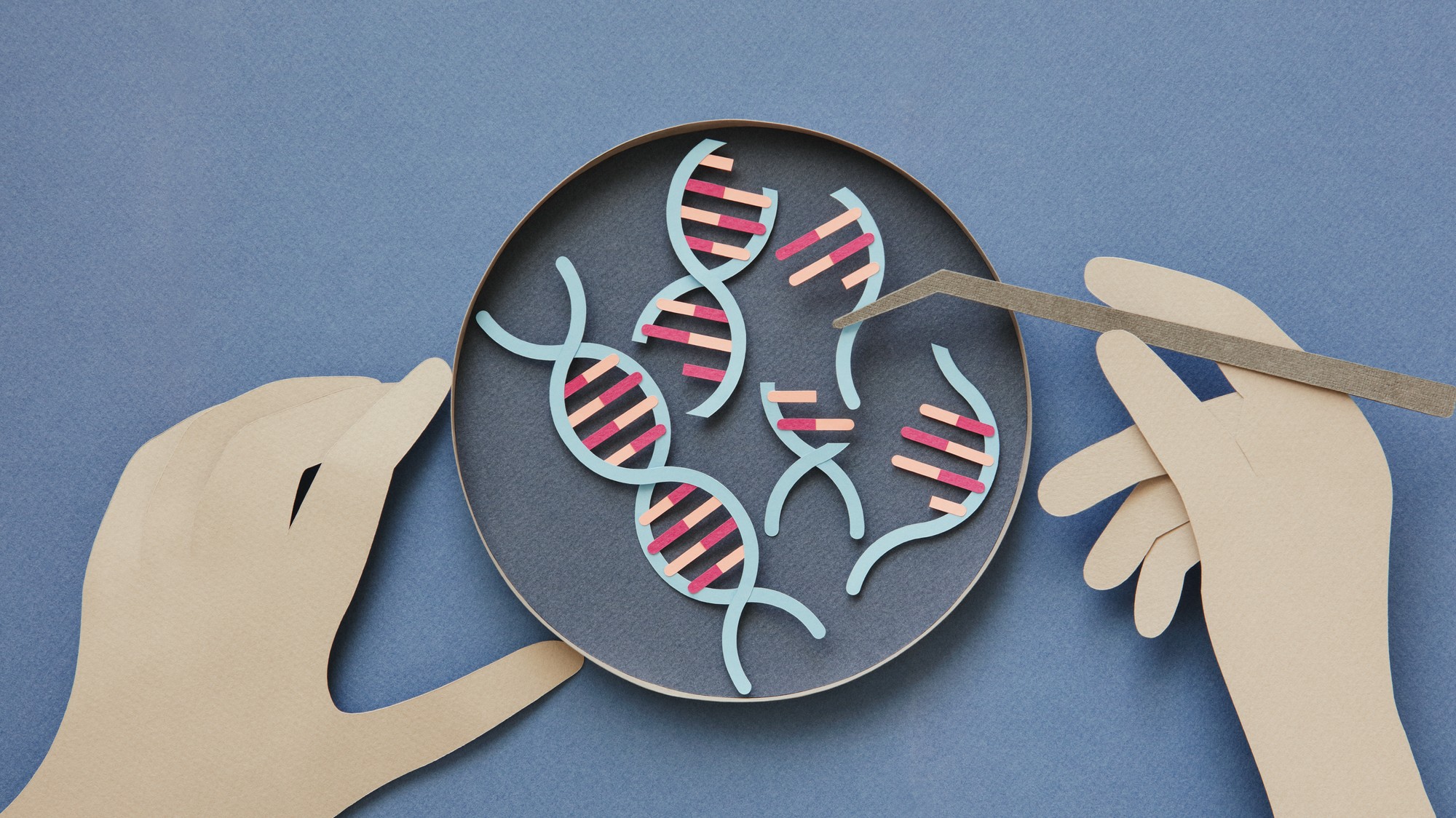 The pros and cons of human genetic modification
The pros and cons of human genetic modificationPros and Cons Altering human DNA has both a lot of potential and a lot of ethical questions